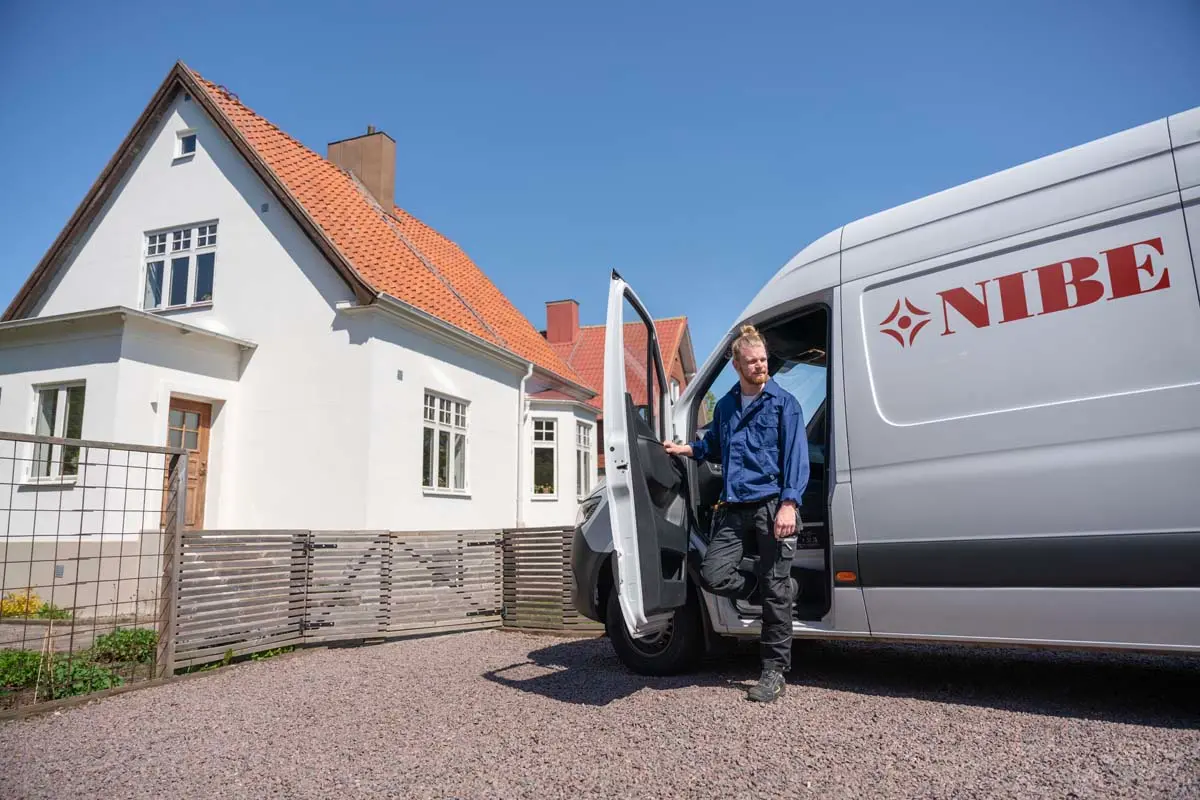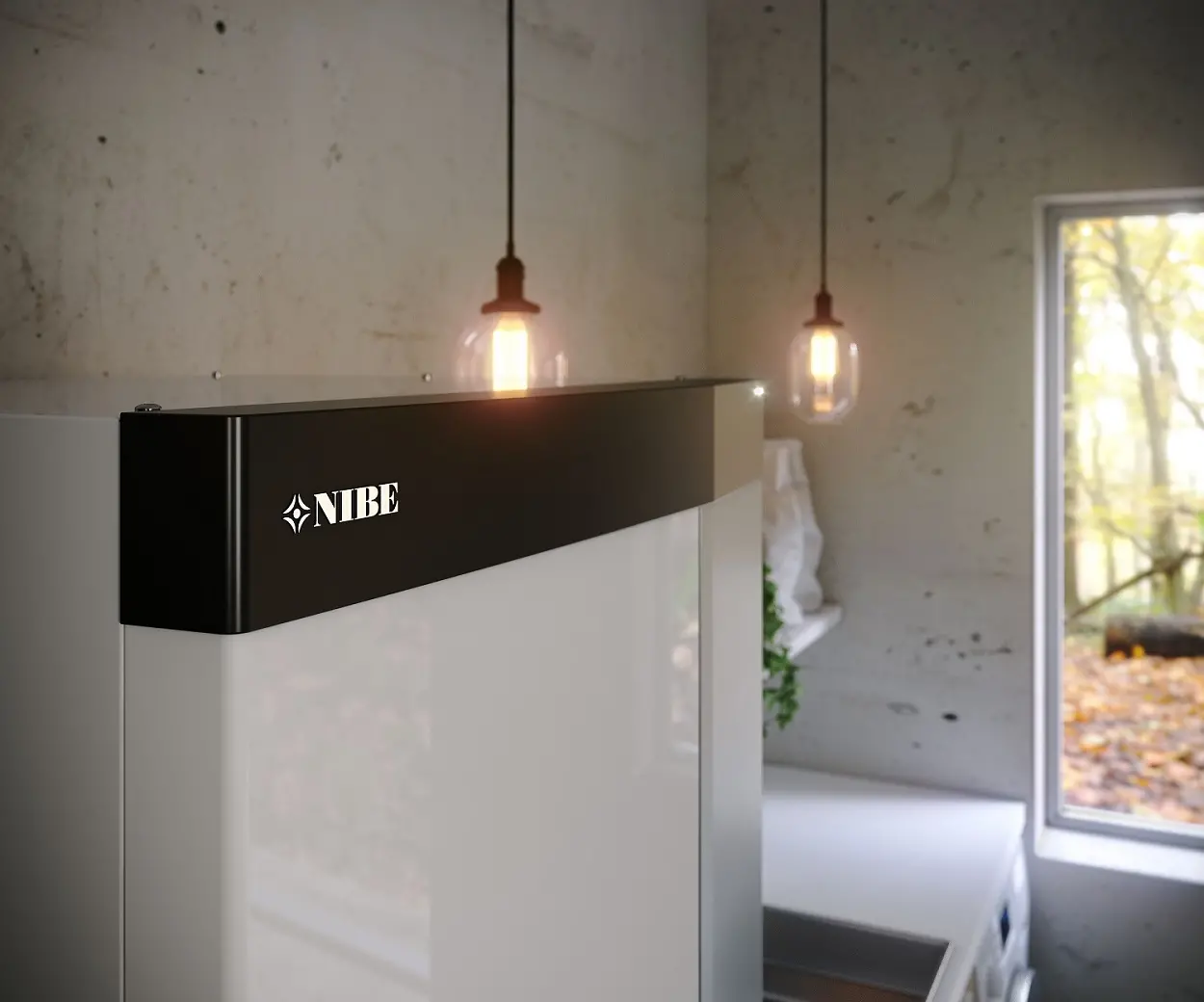The future of heat pumps: a low carbon heating solution

The future of heat pumps: a low carbon heating solution
In the race to decarbonise heating systems and combat climate change, heat pumps are leading the way. Installation figures are booming around the world and record sales are being registered every year. Despite this, how can we be sure heat pumps are the real deal and the key to unlocking the path to a greener future? In this article, we explore the advantages of heat benefits, the major barriers impacting further growth and how to accelerate their uptake in homes and businesses around the world.
The main benefits of heat pumps
Heat pumps are widely seen as the main solution to sustainable heating, both in the UK and around the world, and are three times more energy efficient than conventional natural gas boilers.
In fact, the IEA estimates that heat pumps have the potential to reduce CO2 emissions by at least 500 million tonnes in 2030, which is equal to the CO2 levels that all cars in Europe emit annually.
Improves air quality and reduces carbon emissions
Heat pumps can drastically reduce greenhouse gas emissions compared to fossil fuel-based heating systems. Currently, compared to a gas boiler, heat pumps are capable of reducing greenhouse gas emissions by at least 20%, and this is only likely to accelerate in the future as heat pump technology advances – especially as electricity becomes cleaner.
The need to meet global climate targets is now more pressing than ever before, and governments around the world are scrambling to reduce carbon emissions in line with these targets.
As heat pumps take heat from the air, ground or water, they’re seen as the go-to sustainable solution for homes and commercial buildings, which when made greener have the potential to significantly contribute to reducing carbon emissions.
Slashes costs for energy consumers
By installing a heat pump, homeowners and businesses are likely to spend less on energy than those using gas boilers. This is only likely to take effect in the long term as the initial upfront cost for installing a heat pump can be high. However, there are government schemes in place to help reduce costs for low-income homeowners who want to make their homes more environmentally friendly.
It’s estimated that moving away from using a gas boiler in your home to favour a heat pump can shave between 2% and 6% off your energy bills.
Boosts job creation
By expanding heat pump manufacturing and installations, more jobs would be created around the world. The IEA found that employment in heat pumps would nearly triple to more than 1.3 million people by 2023. The areas of heat pump supply that would experience the biggest projected growth would be maintenance and manufacturing.
Greenpeace believes, in the UK, that the green homes revolution – driven by heat pumps – could create 138,000 new jobs and inject £9.8bn into the economy.
What challenges need to be overcome?
Despite all the positive news surrounding heat pumps, some barriers still need to be overcome to guarantee widespread adoption around the world. For heat pumps to secure the number one spot as the future low-carbon heating solution, they must navigate the following.
High upfront costs
The one area heat pumps fall short in when compared to other heating options is the upfront cost of installation.
However, there are now financial schemes active in over 30 countries worldwide, offering money off installation costs for homeowners who can’t afford to pay. Where these subsidies are in place, such as in the UK, the cost of installing heat pumps is significantly reduced and works out at a similar price to gas boilers.
It should be noted that long-term a heat pump is likely to offset the initial cost thanks to being more energy-efficient and cost-effective, reducing your energy bills significantly. This will be further improved when the price of electricity drops.
Lack of information and awareness
Although governments around the world have recognised the value of heat pumps, public awareness still isn’t great. Changing this trend is crucial to overcoming misconceptions and encouraging widespread adoption.
At NIBE, we always try to spread the good word about the positive impact heat pumps can have in reducing carbon emissions worldwide, but we need the wider industry to follow suit to support our attempts.
A shortage of qualified installers
As the demand for heat pumps increases, more qualified installers need to be on hand to avoid a bottleneck. Currently, due to heat pump technology still being fairly new, there is a shortage of installers and technicians.
Large-scale reskilling is one method of fixing the skills gap, while new recruits need to be onboarded quickly to meet the number of installations that are likely to be needed during the next decade. Financial incentives could be a good tactic for attracting new workers to the industry.
The path forward
Policymakers, industry stakeholders, organisations and consumers all need to come together to make sure heat pumps live up to the billing as the future low-carbon heating solution. Doing so is vitally important if we want to reach future net zero carbon emission targets. We’ve come up with a few ways to help achieve this.
- More subsidies and grants: Governments around the world need to provide more financial incentives to attract customers. To meet the upfront cost of a heat pump, this could include grants, low-interest loans, green mortgages and tax rebates. For operating costs, electricity tariff reforms, fossil fuel taxes and support for building insulation can all contribute.
- Better education: Educating consumers, builders and policymakers about the benefits of heat pumps is crucial to spreading the word about heat pumps and boosting sales. At NIBE, we are committed to continuing to do our bit in this endeavour!
- Fair regulations and standards: Implementing stringent energy efficiency standards and regulations will help to accelerate the transition to heat pump systems. Providing certainty around policy support and visibility with regulation changes will help manufacturers and suppliers, as will national heat pump deployment targets and roadmaps.
- Increased recruitment drive: Addressing the current skills shortage is also high on the list of priorities. More incentives are needed to attract professionals into the heat pump industry, while upskilling and training should be offered to existing heating and HVAC experts.
The future of heat pumps as the main low-carbon heating solution looks promising, but there are clearly some barriers to overcome first. Ultimately, the adoption of heat pumps is hugely beneficial to the environment and our future on this planet, which is why we all need to come together to ensure the sale of heat pumps continues to boom.

Talk To A NIBE Expert
Had more thought about getting a heat pump installed?
Speak to a NIBE Expert today about your project and we'll put you in touch with one of our NIBE Pro Installers.

